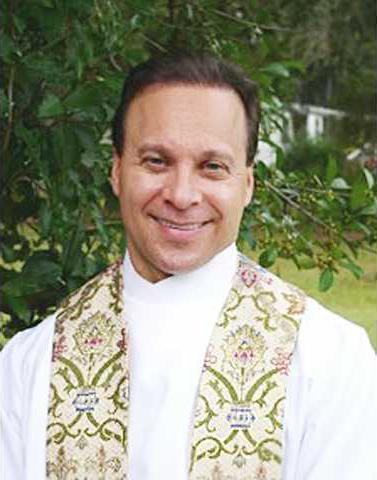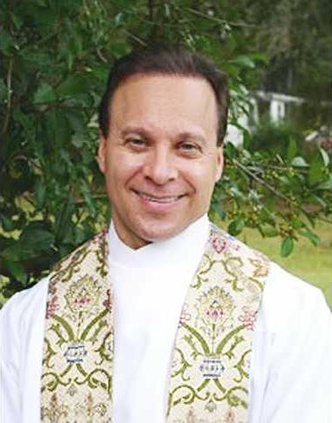About a decade ago, I attended a funeral for a pilot friend who was killed in a crash on the job. He was in his 40s, had a wife and two children. The funeral was particularly heart-wrenching. I sat right behind his father (who always wanted my friend to go to law school) and mother, and I could feel their hurt through the pews.
When my friend’s wife got up to speak during the eulogy, the person next me leaned in and whispered, “I don’t know how she can do that.”
Yet, as she spoke, I saw her face change from grief to peace, almost joy, as she began describing how much her husband loved flying — every minute of it. She explained that he decided early on that he was going to follow his passion and his heart, finding a way to live his dream job. And that he did. He absolutely loved going to work, and was one of the happiest people she ever met because of that passion lived out daily. Work was never work; it was fun. He lived his dream.
After that, I recall thinking a lot about the importance of living one’s dream, following one’s passion. It was on my mind so much that I preached about finding purpose in life for the next few Sundays, and then added an exercise addressing this topic to a graduate course on Spirituality and Health I taught at Armstrong.
I asked my students, “What do you want to be remembered for?” Entrepreneur and management consultant Peter Drucker writes that this question is one that “induces you to renew yourself because it pushes you to see yourself as a different person — the person you can become.”
Phalana Tiller, host of Drucker’s monthly podcast on management and leadership, makes that question the last she asks of every guest on her show. She says, “It’s as if I’ve sucker punched them, but with the gentlest and most loving soft blow. Having to name and share the thing they want to be remembered for requires them to consider what they’re doing in their daily choices, actions and interactions. It places a mirror before them where, for a brief second, they have to confront whether they’re actually living up to their stated values.”
When I ask my students that question, I give them this advice in their writing: Consider that you are writing your own obituary for the local newspaper. What would you say? If you were to write your own eulogy, what would you point to as your impact, your contribution, how you would like to be remembered?
Then, and here is the hard part, I ask this follow-up: Are you living now in a way that gives meaning to that obituary and eulogy? Are you following that path? That is, if someone else is writing your obituary and giving your eulogy (probably going to be the case), will that person be able to discern how you want to be remembered by what you have done? Are you living now with purpose and meaning — your purpose and meaning?
All too often, people live their lives on auto-pilot, not giving much thought to their passion, dream or purpose — the things they know really matter to them — until they hit a pothole or worse, crash. Then, they often re-evaluate, saying, “I don’t know why I am doing this anyway. It’s not what I really want to do.”
Be brave, like my friend. God has planted in each of us a passion to fulfil our purpose here. You probably know what that is. Following that path is often not easy; don’t settle for what it easy. Follow your passion. People will see it, and you will undoubtedly be successful at it, no matter how difficult the road.
The philosopher Socrates believed that we should “always be occupied in the practice of dying” in order to appreciate our living. I believe what he meant, in part, is that by reflecting on our death we can enrich the meaning or our lives.
Don’t let yourself be remembered for what you might have done. Be remembered for what you did. And there is no time like the present for doing the things and being the person you want to be remembered as.
After all, remember that guy who gave up on his dream and passion? Neither does anyone else.





